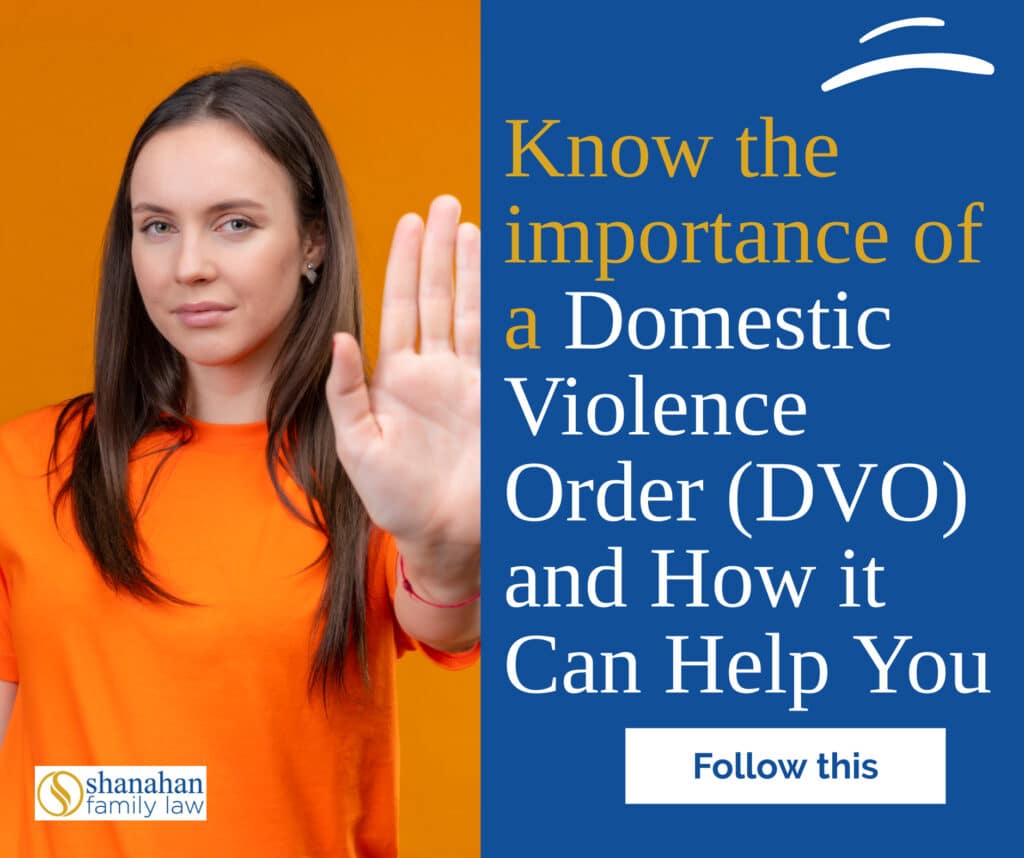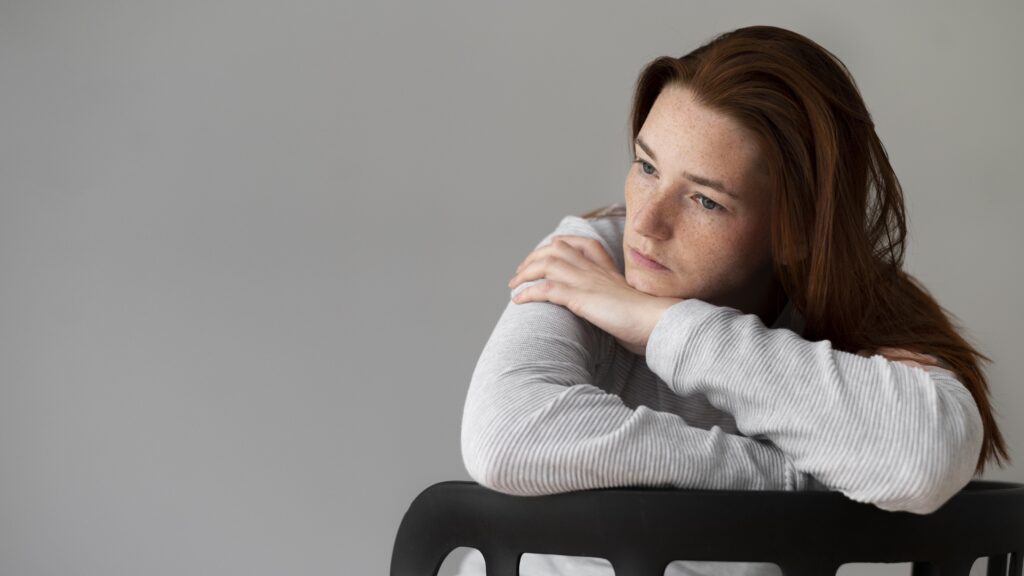It is crucial to understand Domestic Violence Orders (DVO) if you or someone you know is experiencing domestic violence. DVOs are legal measures enforced by state legislation to protect individuals from family or personal violence.
Domestic violence orders are largely uniform across jurisdictions. However, different terminology is used across other states and territories. For example, New South Wales law refers to an apprehended domestic violence order and apprehended personal violence order. In Queensland, we use the term protection order or domestic violence order.
Protection orders are governed by the Domestic and Family Violence Protection Act 2012.
Key takeaways
- Protection orders are designed to control the behaviour of the person committing violence (the respondent) towards the victim, known as the aggrieved.
- Protection orders have standard conditions. They may include additional requirements depending on the circumstances.
- The police or certain other parties associated with the aggrieved may apply for orders.
- A temporary protection order applies conditions to a respondent while the Court decides on final orders.
- Urgent orders can be implemented before the respondent is informed of the situation, often necessary when family violence occurs.
- A police officer may apply for a protection order with the respondent’s consent. The aggrieved will usually need to agree as well.
- An intervention order directs the respondent to seek professional services to correct their behaviour.
- A police officer may serve a protection notice while responding to a criminal offence related to domestic violence. A notice acts as a temporary order.
Types of Domestic Violence Orders
There are several types of protection orders that differ in their timescale and mode of application.
Protection order
Protection orders mediate the relationship between the aggrieved and the respondent. The aggrieved is the person seeking protection, and the respondent is the party the order was taken out against. The order applies conditions to the respondent’s behaviour toward the aggrieved.
Conditions of a protection order
Protections orders have the standard condition that the respondent exhibit good behaviour toward the aggrieved. They must also not commit domestic violence against the aggrieved or anyone else named in the order.
A protection order can prevent the respondent from doing the following:
- Approaching a party at their home or workplace;
- Residing in the same house as the aggrieved;
- Coming within a certain distance of any of the aggrieved’s family or friends named in the order;
- Attending a childcare centre or child’s school.
Who can apply?
The following people can apply for a domestic violence order:
- The aggrieved;
- A police officer;
- Someone with written authorisation from the aggrieved;
- Someone acting on behalf of the aggrieved, for example:
- A legal guardian;
- Someone with enduring power of attorney.
To get a domestic violence protection order, you must show the following:
- You are in an intimate personal relationship with the respondent;
- The respondent committed domestic or family violence against you;
- A protection order is necessary for your safety.

Temporary protection order
A temporary protection order (TPO) applies while the Court considers an application for final orders. The Court may make a TPO ex parte (without the presence of the respondent or the aggrieved).
Urgent orders
While the law usually requires that a respondent is served with a protection order before the Court will grant it, this isn’t always the case. Sometimes a situation is critical. If warranted by the serious nature of the circumstances, the Court can make a protection order before the respondent is notified. The aggrieved must demonstrate that urgent orders are necessary or desirable.
Consent orders
The respondent may choose to agree to a protection order. Agreeing to a protection order doesn’t mean the respondent admits to domestic violence. The Court doesn’t need to be satisfied that domestic violence occurred or that a protection order is necessary. The only requirement is that the parties are in a relevant relationship.
A police officer applying for consensual domestic violence orders requires the aggrieved’s consent.
Intervention orders
An intervention order requires a respondent to seek counselling to manage their behaviour. The respondent must consent to intervention orders. Access to counselling services or a relevant program in the respondent’s area must be ready.
Police protection notices
A police officer may issue a protection notice while responding to a domestic violence incident. The notice immediately binds the respondent to the standard conditions of a protection order. The notice may include additional requirements if deemed necessary.
The police officer must file the notice at the Magistrates Court. This automatically begins the application for a protection order. The notice functions as a temporary order while the Court decides on a final protection order on the scheduled court date.

Work with us
Domestic violence is a profound issue in our society. A protection order, known as an apprehended domestic violence order in other jurisdictions, is a critical safety measure. There are several types of protection orders covering different situations.
If you need assistance applying for a domestic violence order, the team at Shanahan Family Law can help you understand your options. Call today for an initial free discovery call.

